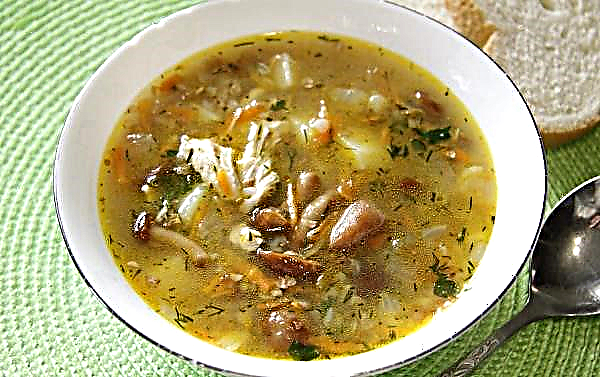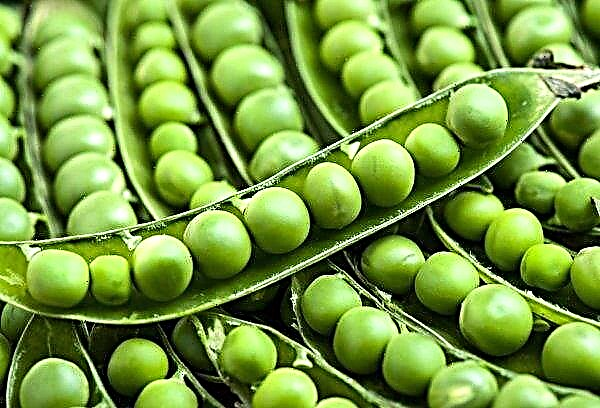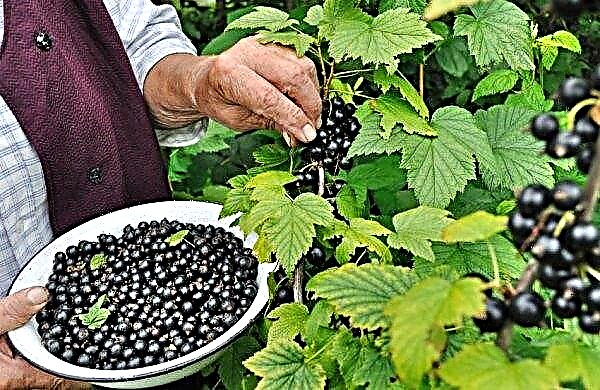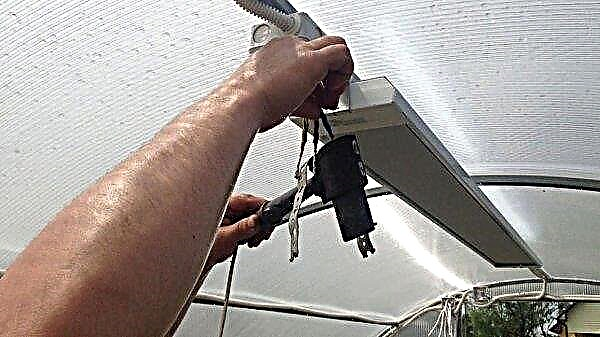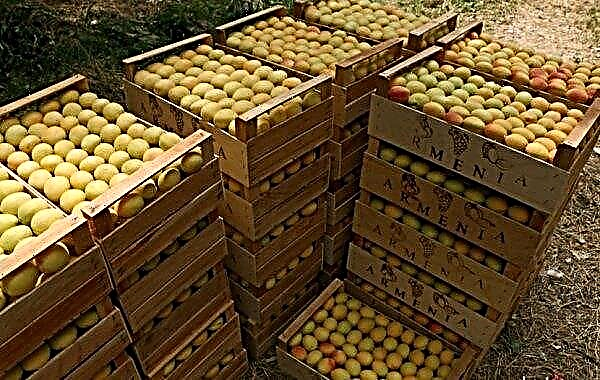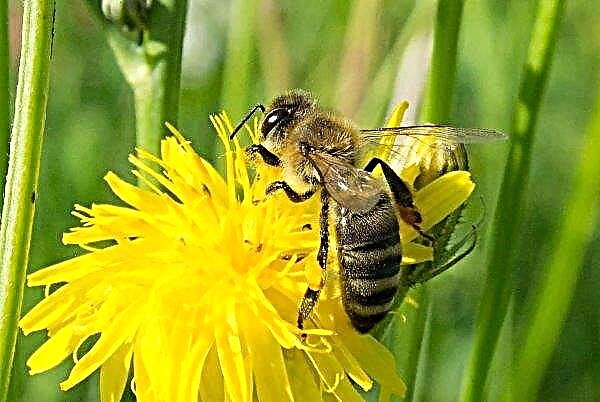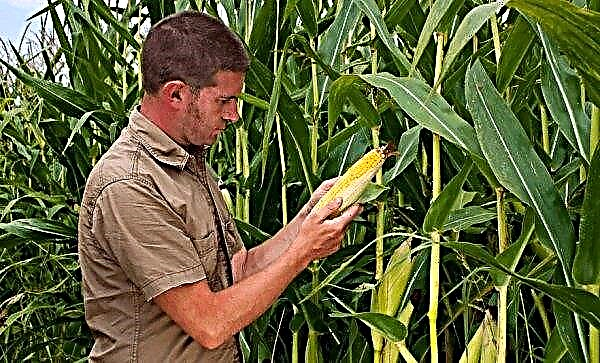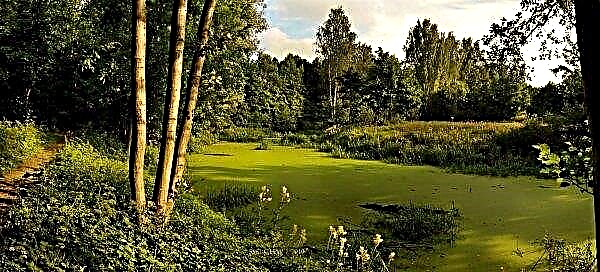Scientists from the Middle Kingdom have created a special navigation system BeiDou, with the help of which there is a more accurate distribution of feed material and pesticides on farms.
An intelligent feed and pesticide dispenser that comes with the BeiDou navigation satellite system works in a cereal field in a village in eastern China.

Thanks to the remote network technology service platform, the equipment can provide high-precision fertilizer distribution. According to Zhang Ruihong, a professor of mechanical engineering at Yangzhou University and the head of the team that developed the distributor, when the machine's movement deviates from a given path, the system can correct the deviation in real time.
You can determine whether organic or synthetic fertilizer is on the store counter by looking at its packaging. If the ratio of nutrients consists of a combination of the same numbers, for example, 10/10/10, this is the chemical composition. Natural fertilizers on the markings look, for example, 12/1/0 or other options, and the figures show% in the composition of nitrogen, phosphorus and potassium, indicated in the same order.
Han Baolong, a farmer from the village, said the auto distributor helped him a lot because a new outbreak of coronavirus since January has led to an acute shortage of workers who traditionally applied fertilizers and pesticides by hand.
- Attracting customers with the “most sought-after meat” on the market is the latest marketing move used by several small banks in China.
- Argentinean biotechnology company Bioceres SA hopes that the stress-tolerant genetically modified soybean seeds it develops with the HB4 gene will be approved in the United States within the next month and by the end of 2020 in China.
- China intends to pay 5 million yuan of subsidies, which amounts to about 700 thousand US dollars, to pig farms, which will increase production capacities and large farms that have resumed operations after the outbreak of ASF and consolidated their market position.


